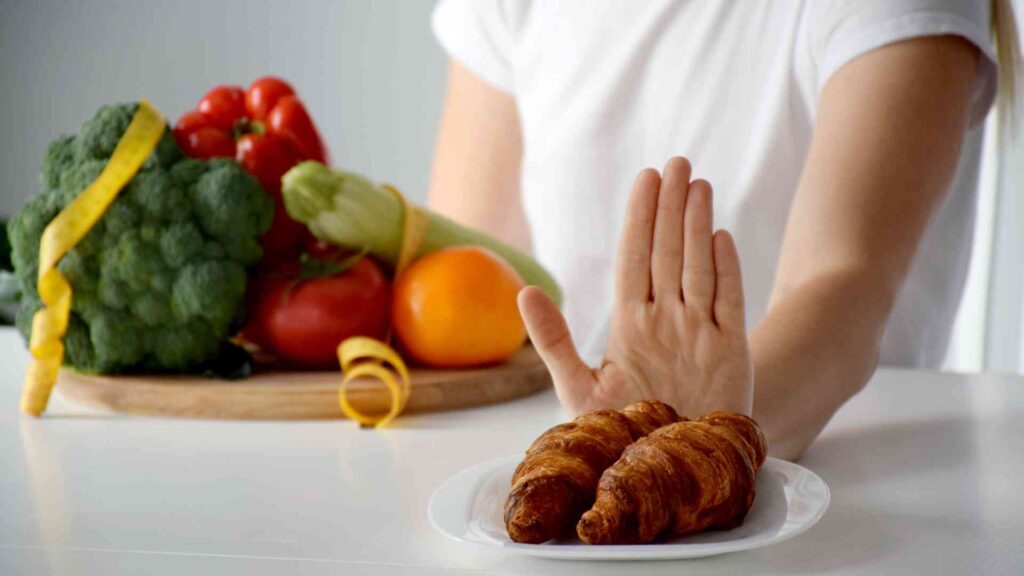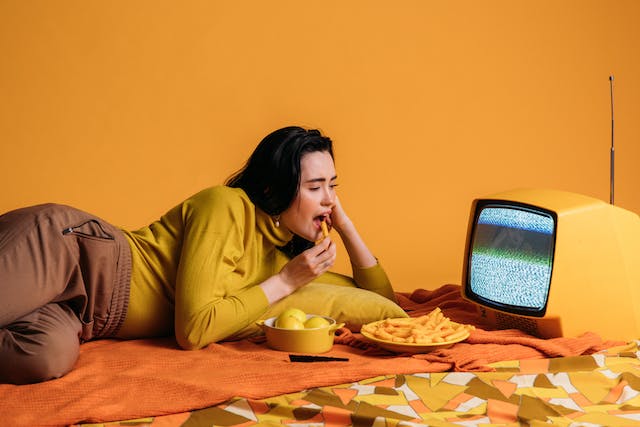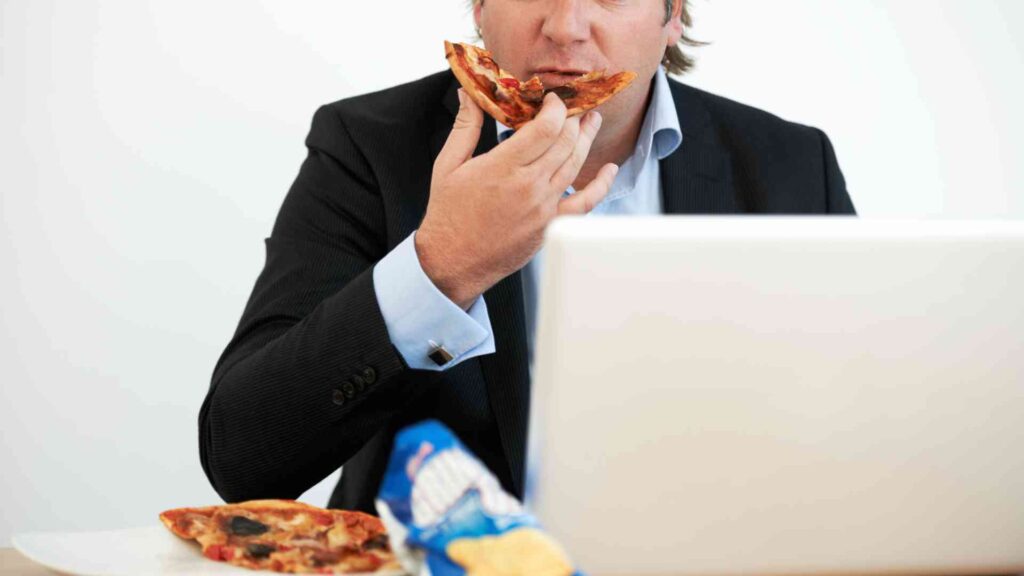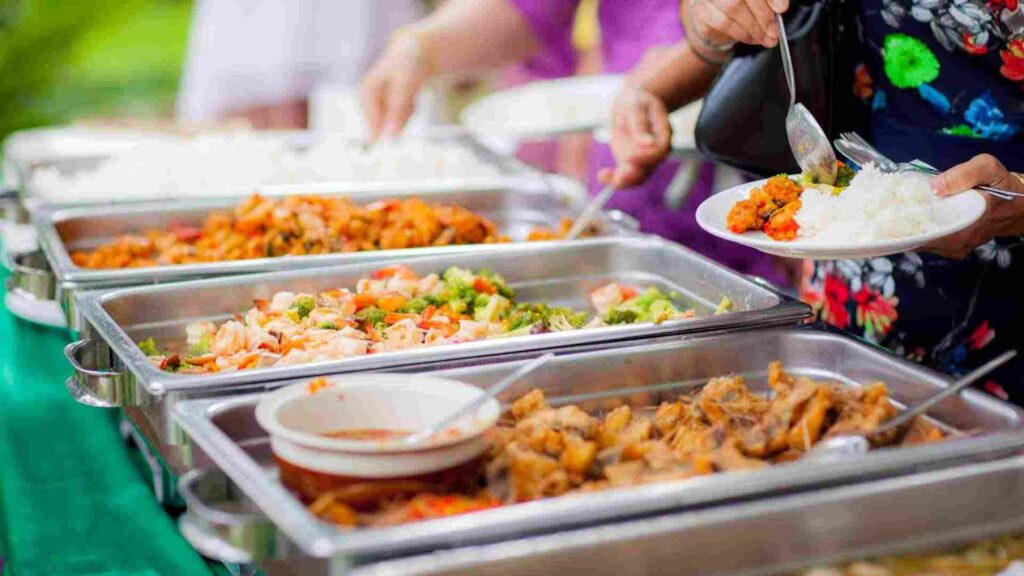Discover comprehensive information for all aspects of sexual health and find resources and guidance to empower your sexual well-being.
Feeling nervous about sexual performance, known as Sexual Performance Anxiety (SPA), is pretty common. But…
Discover comprehensive information for all aspects of sexual health and find resources and guidance to empower your sexual well-being.
Feeling nervous about sexual performance, known as Sexual Performance Anxiety (SPA), is pretty common. But…
Painful erections never indicate normalcy, and sometimes signal a medical emergency. Severe pain may necessitate…
Erectile dysfunction (ED) is a common condition that affects men of all ages, impacting their…
Sleep-related painful erection (SRPE) is a rare condition where people get painful erections while they’re…
Achieving and maintaining a strong penile erection is a common concern for many men. It…
Erectile dysfunction (ED) is a common condition affecting men, often characterized by the inability to…
Commitment issues can often manifest in romantic relationships, work, and other personal or professional spheres.…
We all have had our fights with our bodies and with food. And most often we lose. It makes us wonder if there is a way out of this vicious trap of diet culture. Intuitive eating aims to do just that.
It is an eating framework based on self-care, which integrates instincts, emotions, and rational thoughts. It has been thoroughly studied by many and proven to be successful. The 10 Principles of Intuitive Eating teach us to meet our body’s physical and psychological needs.
In their book Intuitive Eating, 4th Edition: A Revolutionary Anti-Diet Approach, Evelyn Tribole, and Elyse Resch identified key categories of eaters or eating personalities.
According to them, it is even possible to fall under more than one category. They suggest that knowing our eating personality helps us become more aware and to become an Intuitive Eater. Below are the personalities to help you find out WHAT KIND OF EATER ARE YOU.
Related: What Is Intuitive Eating
Superficially, Careful Clean Eaters appear to be very health-oriented and nutrition-conscious.

These personalities tend to be vigilant about what foods they put into their bodies. They closely read food labels in grocery stores and are very rigid about their eating choices.
Careful clean eaters spend a lot of time worrying about what they are going to eat for their next meal. While this type of eater seems to be focusing on their health, they tend to become guilt stricken anytime they eat anything they don’t deem “nutritious”.
Careful clean eaters are often guided by events like being extra careful on weekdays to earn their right to splurge on weekends. It is now known that Careful Clean Eaters may even have a condition known as orthorexia.
Professional dieters are always on some kind of food plan. They are quite aware of food portions and calories and have usually tried the latest “diet” that’s in trend. But the fact that they are always on another diet goes to show that the original one never worked.

The Professional Dieters often wake up hoping for a new star with a new diet (a cycle that keeps repeating itself).
This “I will go on a new diet from tomorrow” tendency often makes them binge with the thought of not getting to eat the food they like from tomorrow. They get caught up in a hard, frustrating cycle of diet, lose weight, gain weight, and back to diet.
The Professional dieters are also more prone to eating disorders like anorexia nervosa or bulimia.
Related: Fad Diets: The Best and The Worst

The Unconscious Eater is often engaged in paired eating—which is eating and doing another activity at the same time, such as watching television and eating, or reading and eating, or the growing favorite, using the cell phone and eating—be it playing games, checking social media, or surfing the internet. There are many subtypes of unconscious eaters.
The Chaotic Unconscious Eater often lives an overscheduled life and often complains of being too busy to sit down and enjoy a meal.

They tend to gulp down food quickly, on the go, whenever it’s available. Nutrition is often important to this person—just not in the critical moment of the chaos.
Chaotic Unconscious Eaters are often so busy throughout the day that they forget to eat at all and it’s only when they return home from work, that they realize just how hungry they are. Any kind of food goes in this situation be it fast food and generally leads to binging.
Refuse-not-eaters struggle with turning down food when it’s available regardless of hungry or full.

They are often unaware of what they are eating, or how much they are eating. They are just eating because the food is there in front of them.
Refuse-not-eaters will overeat the food lying around at meetings, food sitting on a kitchen counter, or in a buffet even though they are not hungry.
This type of eater has the ‘clear your plate’ mentality.
The waste-not-eaters feel they have to eat everything on their plate, whether it’s to avoid waste, get their money’s worth, or avoid offending the person who prepared the food.
They often eat the leftovers from their children or partners. They overeat regardless of being full, simply because they don’t want to leave food.

Emotional Unconscious Eaters use food to cope with their emotions. This could be eating because they’re stressed, anxious, sad, lonely, bored, and even out of guilt or shame felt about their weight and body image.
While Emotional Unconscious Eaters view their eating as the problem, it’s often a symptom of a deeper issue. The emotional eater eats food as a distraction or as a way of ‘numbing’ difficult emotions regardless of hunger.
By now, you probably have some idea of which eating style or mixture of styles applies to you. You must have also got the idea that the cycle of diet, lose weight, gain weight, and new diet is a futile one.
So, is there a way to break out of it? Well, yes. The one eating style that doesn’t work against you and can help you end the war with your body, food, and mind is the Intuitive Eater.
Related: What Is Intuitive Eating
The Intuitive eater style is the most natural, peaceful, and psychologically healthy type of eating style there is. The intuitive eater doesn’t have complicated food rules. They “choose” to eat whatever they want in a “guilt-free” way.
Intuitive eating is satisfying and free of any regret.

Intuitive eaters trust their bodies to tell them when what, and how much to eat, relying on internal signals like hunger, fullness, and satisfaction to guide food choices rather than external signals like social media and commercials.
When Intuitive eaters do happen to overeat – say during holidays or parties, they recognize this as a normal part of life and don’t beat themselves up, they just accept and carry on as normal.
We are all born intuitive eaters. Toddlers are the best examples of this – they eat when they are hungry, and stop when they are full.
However, as we get older we become more aware of diet culture and the dieting mentality either from our parents, society, or the media. We start to set rules and restrictions around food. And the more and more caught up we get with this, the more we lose sight of our natural intuitive eater. We start feeling deprived, then cravings kick in, and eventually, we overeat.
As our intuitive eater fades away, other eating personalities take their place.
Getting back in touch with the intuitive eater inside you allows you to break free from dieting and take better care of yourself and your body.
References:
1. Homepage. (2019, June 03). Retrieved February 21, 2023, from https://www.intuitiveeating.org/
2. Tribole, E., & Resch, E. (2020). Intuitive eating: An anti-diet revolutionary approach. New York: St. Martin’s Essentials.
Dr. Nishtha, a medical doctor holding both an MBBS and an MD in Biochemistry, possesses a profound passion for nutrition and wellness. Her personal journey, marked by significant struggles with physical and mental health, has endowed her with a unique empathy and insight into the challenges countless individuals face. Driven by her own experiences, she leverages her background to offer practical, evidence-backed guidance, empowering others on their paths to achieving holistic well-being. Dr. Nishtha truly believes in the interconnectedness of the mind and body. She emphasizes the significance of understanding this connection as a crucial stride toward attaining balance and happiness in life.

